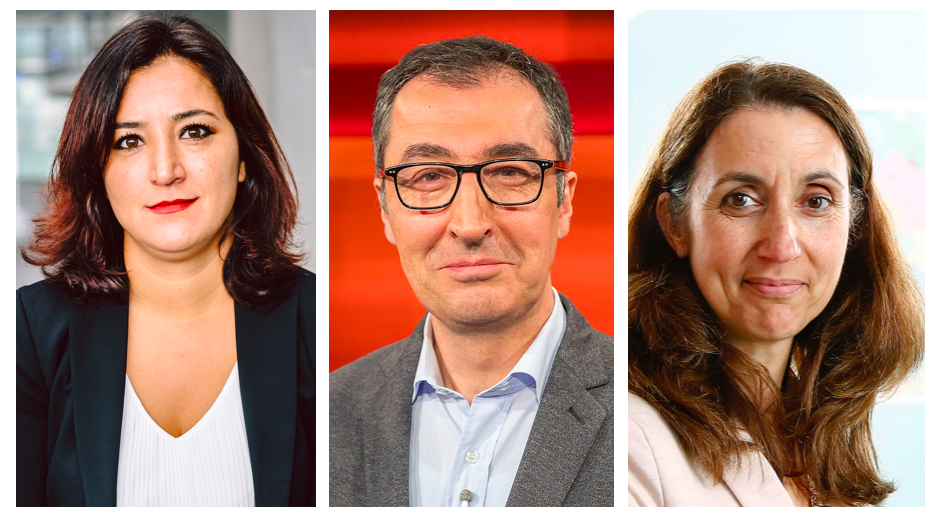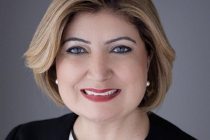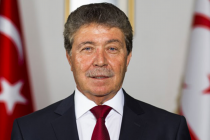The number of Members of Parliament in the German National Assembly, or Bundestag, whose roots are from Turkey has increased.
Preliminary results from Sunday’s General Election show there are a total of 18 MPs with Turkish and Turkish-Kurdish roots, up from 14 in 2017, the Anadolu Agency (AA) reported.
Nine MPs were elected for the centre left Social Democratic Party (SPD), which narrowly emerged as the largest party. There Turkish MPs are: Nezahat Baradari, Hakan Demir, Metin Hakverdi, Macit Karaahmetoğlu, Cansel Kızıltepe, Mahmut Özdemir, Aydan Özoğuz, a former Minister for Migration, Refugees and Integration, Derya Türk-Nachbaur, and Gülistan Yüksel.
There were five MPs for the Green Party: former party co-leader Cem Özdemir, Canan Bayram, Ekin Deligöz, Filiz Polat and Melis Sekmen. Gökay Akbulut and Sevim Dağdelen, who are both of Kurdish ethnicity, and Ateş Gürpınar are the three MPs for the Left Party (Die Linke).
Alongside the 18, new SDP MP Takis Mehmet Ali is ethnically Greek, but can also trace his family history back to Turkey.
In total, over 100 German Turkish candidates ran in Sunday’s election, where there was a turnout of 76.6%. The returned 18 Turkish origin MPs represent just 2.5% of all MPs in Bundestag, reflecting a serious under-representation of the estimated 7 million strong Turkish and Turkish-Kurdish community in Germany, who make-up over 8% of the total population.
Sunday election results overview
There are 735 seats in the Bundestag, with 368 needed to have an overall majority. The single largest party, SDP, won 206 seats, followed by the Christian Democratic Union of Germany (CDU) and the Christian Social Union in Bavaria (CSU), who now have 196 MPs. The Greens are the third largest party with 118 MPs.
Formerly led by formidable Chancellor Angela Merkel, who chose not to stand in these elections, the CDU/CSU under new leader Armin Laschet lost 50 seats compared to 2017. In contrast, the SDP gained 53 and the Greens were up by 51 seats.
Far-right party Alternative for Germany (AfD) was the fifth largest party with 83 MPs, down 11 from 2017.
Previously the CDU/CSU and SDP have formed coalitions, but following Sunday’s results SDP leader Olaf Scholz said it is time for a new coalition with the Greens and liberals.
Angela Merkel will remain as Chancellor until a new coalition is formed, with some predicting it could take until Christmas for that to happen.




